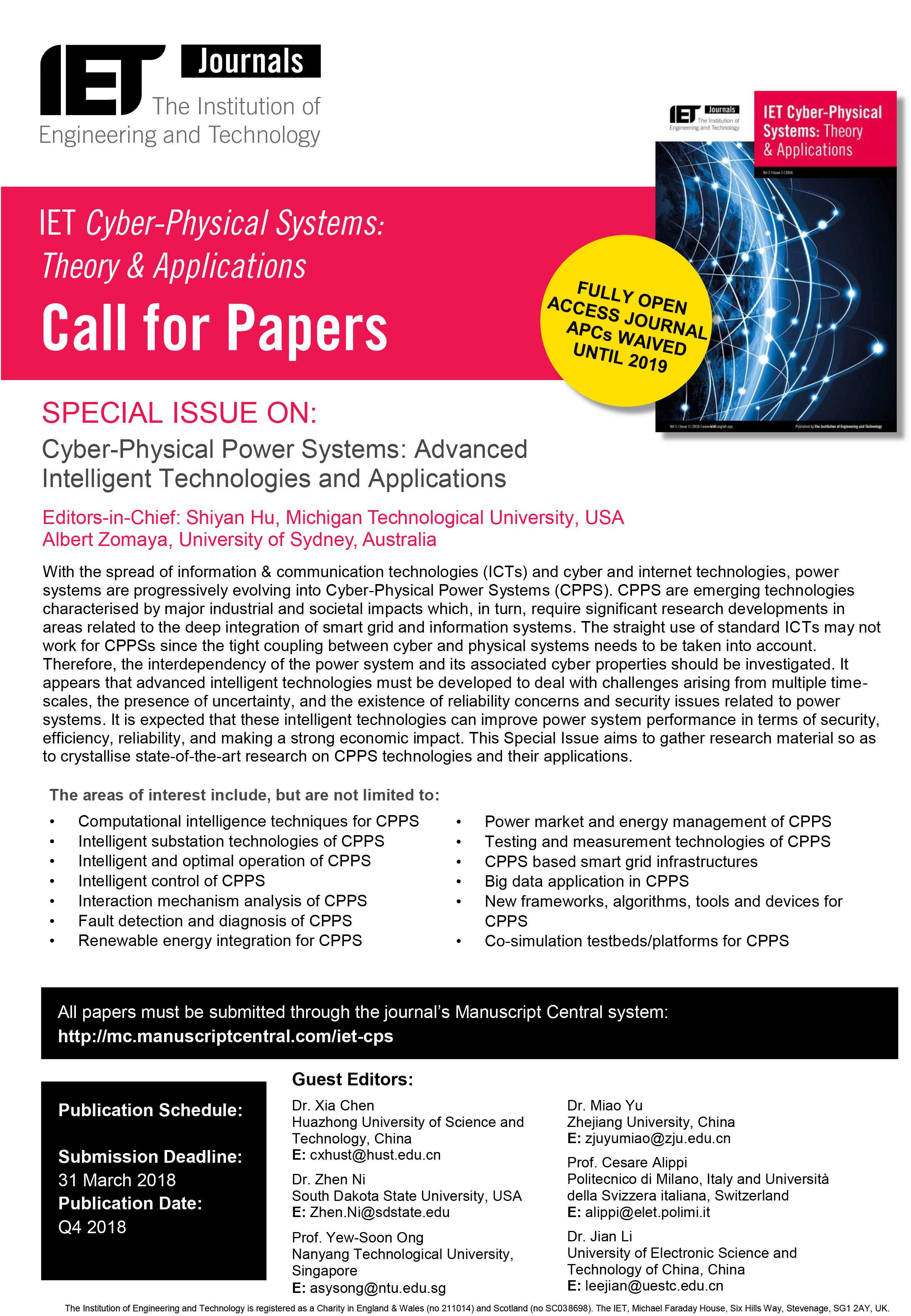|
The Internet of Things (IoT) has gained significant attention in recent years, transforming various industries with its seamless connectivity and data-driven capabilities. One domain that has seen a profound impact is the military sector, particularly with the emergence of the Internet of Battlefield Things (IoBT). IoBT refers to the integration of smart devices, sensors, and intelligent systems into traditional warfare, enhancing situational awareness, decision-making, and overall operational effectiveness on the battlefield. One of the key advantages of IoBT lies in its ability to collect real-time data from multiple sources in combat zones. Smart sensors embedded in soldiers' uniforms, vehicles, and equipment can monitor vital signs, detect chemical or biological threats, and provide continuous updates on their location and movement. This wealth of information enables commanders to make rapid and informed decisions, effectively mitigating risks and maximizing the chances of success in military operations. Furthermore, IoBT enables enhanced connectivity and communication among soldiers and military units. Through interconnected devices, troops can share critical information, such as enemy positions, intelligence reports, and tactical plans, in real-time. This seamless flow of information fosters collaboration, coordination, and ultimately improves the effectiveness of joint operations. The deployment of autonomous systems is another significant aspect of IoBT. Unmanned aerial vehicles (UAVs), ground robots, and autonomous vehicles equipped with sophisticated sensors and AI algorithms can perform reconnaissance missions, gather intelligence, and even engage in combat situations without putting human lives at risk. These autonomous assets can navigate challenging terrains, analyze complex data, and execute tasks with precision, thereby augmenting the capabilities of military forces. However, along with these advancements come new challenges. The security of IoBT systems becomes paramount, as adversaries can exploit vulnerabilities and disrupt critical infrastructure. Robust encryption protocols, secure communications channels, and constant monitoring are essential to safeguard sensitive information and prevent unauthorized access to military networks. Ethical considerations also arise with the integration of IoBT in warfare. The use of autonomous weapons raises questions about accountability, as decisions to engage targets may be delegated to machines. Striking a balance between leveraging technological advancements and upholding humanitarian principles is crucial to ensure responsible and ethical deployment of IoBT systems. the Internet of Battlefield Things represents a paradigm shift in modern warfare. By leveraging interconnected devices, real-time data analytics, and autonomous systems, militaries can enhance their capabilities, improve situational awareness, and achieve operational superiority on the battlefield. Nevertheless, careful attention must be given to addressing security concerns and ethical implications to harness the full potential of IoBT while maintaining human oversight and accountability.  |
